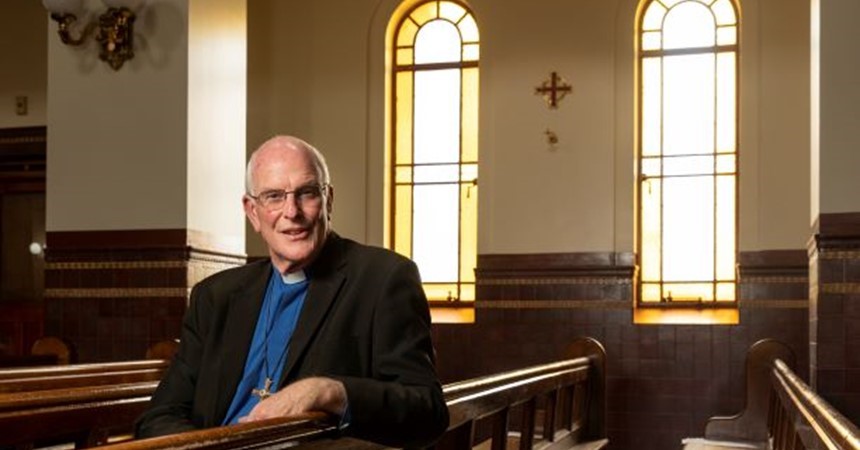The cause of all this activity was a simple string of initials: DVT. For younger readers, who have probably never heard of it, deep vein thrombosis is the formation of clots in the blood vessels of your legs, very painful and potentially lethal if the clot shifts to some vital organ. It was, and is, a real thing, and the risk of it is exacerbated by sitting still for many hours in a pressurised cabin. But, back in the day, it was something more: it was a health scare and an obsession of the travelling public. That’s now changed, and the flight to Dubai can be had in relative peace and quiet. Health scares come and go. Remember RSI?
All of which is to say I have rather mixed feelings about the current flood of talk and articles, documentaries, and health infomercials, not to say school periods and personnel, dedicated to mental health and well-being. Mental illness is, of course, very real and can be a devastating affliction. In a long pastoral life, I’ve seen too much anguish in families and individuals to take mental illness in any way lightly. But does that mean it’s a good and healthy thing for everyone to be anxious about their mental health? This might be a strange question to put at the front of an Aurora dedicated to mental health and wellbeing matters, but I think it’s a worthwhile one.
One of the wisest and sanest men with whom I’ve worked had a little saying for many occasions. If you burnt the toast, or the photocopier jammed, or an appointment didn’t show up, he was wont to remark, “counselling can be arranged”. This, mind you, was a couple of decades ago, but he was already making that wry comment on a phenomenon that has only grown since. Briefly, it is confusing the feeling with the problem: “The toast is burnt? Let’s see if we can make you feel better about that.” Often, of course, the problem is the problem, not the feeling, and the appropriate response is thinking about it, learning from it, and dealing with it. Anger, frustration, irritation, sadness, grief, and other emotions are often proper and natural responses to things that happen, not problems and certainly not mental health issues, at least not until you dwell on them. Hugh Mackay’s The Good Life is strong on this, and there is a review of The Happiness Trap in this Aurora, a more recent treatment of the theme.
When I studied philosophy, one of the things we looked at was the matter of “goods” that could not be sought thematically. I think the authority was the English philosopher G.E. Moore. It was not, in any case, some Catholic or religious thinker. And the argument simply is, you can’t find happiness (or peace, fulfilment, or self-esteem) by trying to feel happy. Such states of wellbeing are by-products of other activities such as doing good for others, maintaining personal integrity, cultivating friendships, serving a noble cause. These other things bring us happiness, or indeed sadness, and are the things to cultivate in life. Just trying to feel, and always feel, happy is a sure path to disappointment.
In that context, I’m glad to see some pieces in this Aurora on things like sport and service programs as contributors to good mental health. I think the future of wellbeing programs (and concerned parenting) lies in encouraging young people to take reasonable risks, to face challenges, to discover what they can do and what they can handle, physically, emotionally, and socially. We learn by trying. We learn by succeeding. Funnily, we learn by failing and by losing. And, of course, we also get a sense of wellbeing from knowing that, however we might mess up, we have loving family, friends, and a loving God.
So, you see how confused I am about mental health and wellbeing? It’s a serious matter that needs to be taken very seriously when the risk is real. I’m just not sure that constantly telling people, especially young people, that they will probably experience mental health issues regularly and should always be on guard, is helpful. The airlines eventually stopped filling their in-flight magazines with advice on how to avoid DVT. It’s not this decade’s ruling fear.























































































